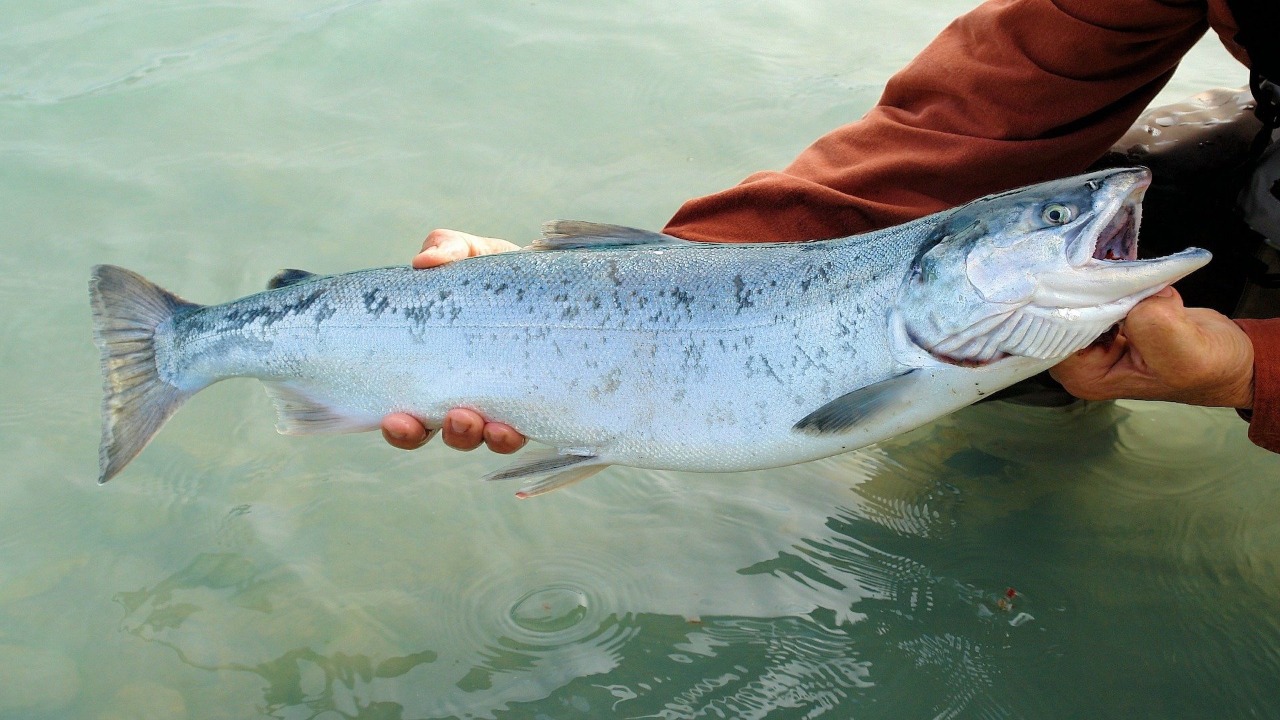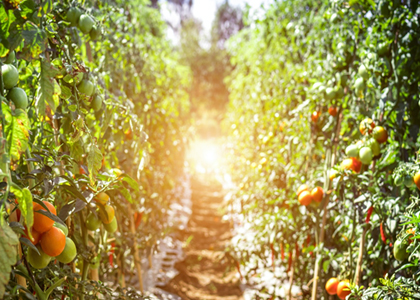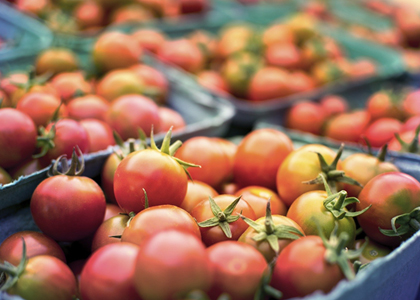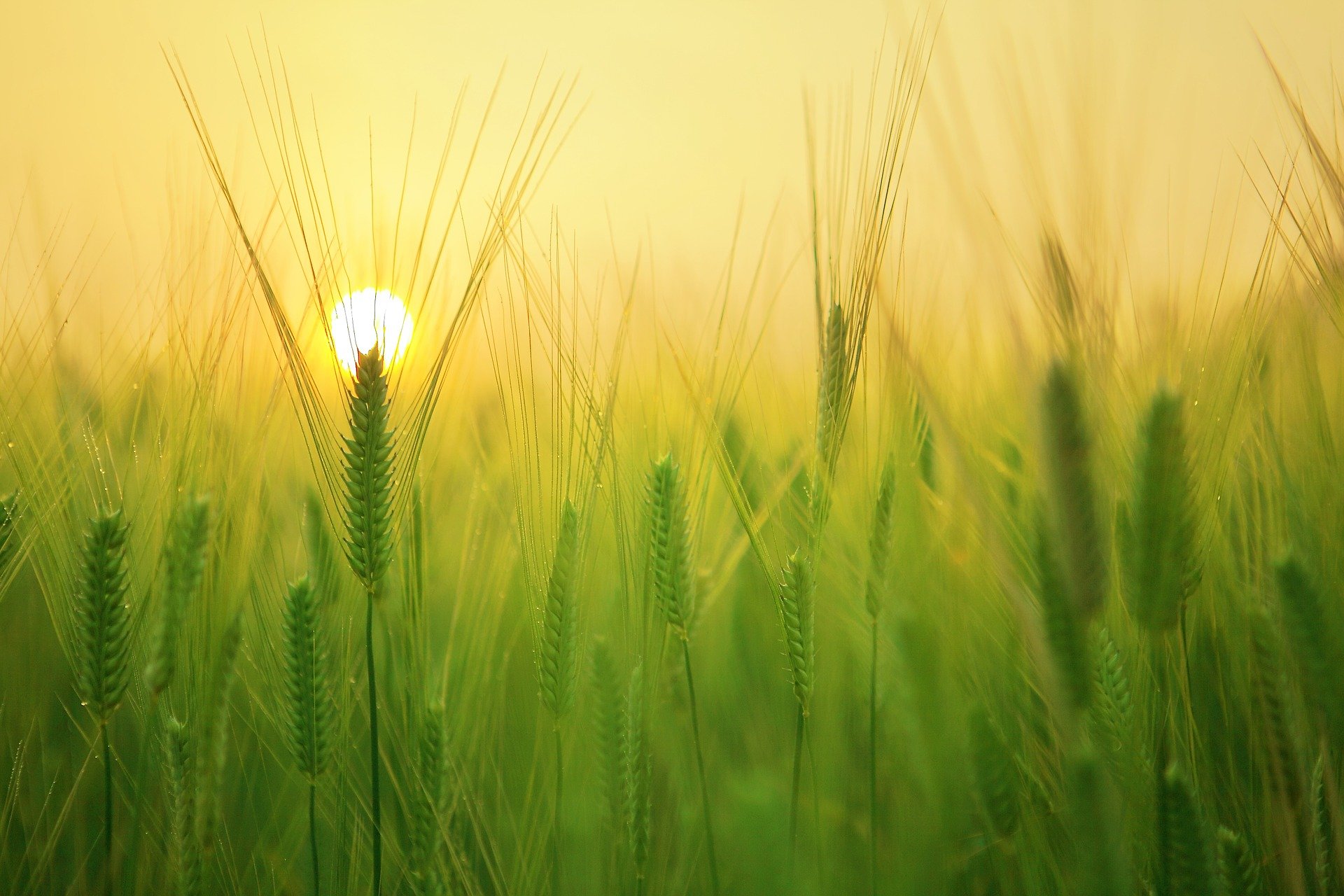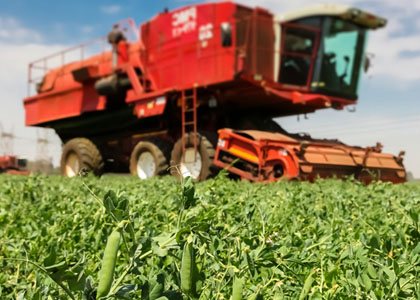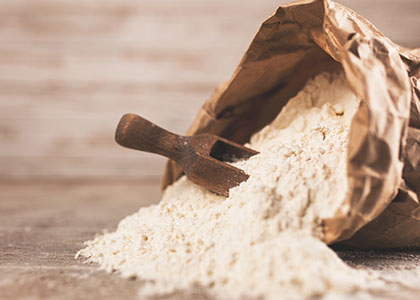Home / Blog / Salmon in the Desert: Saudi’s First Ever Salmon Farm to Open in Jeddah
Aquaculture is likely to be a growing trend in Saudi Arabia, as an increasingly health-conscious populace is creating a demand for fish products in the kingdom. While most Saudis still prefer lamb and mutton over seafood, Crown Prince Muhammad bin Salman’s wide-ranging socioeconomic transformation strategy includes efforts to improve nationals’ lifestyles and eating habits. And it looks like his efforts are paying off. According to the latest market research, 30% of Saudis buy fish several times a week.
However, due to the scarcity of local freshwater, KSA is turning to fish farming to meet the projected surge in future demand. As part of Saudi Vision 2030, KSA hopes to expand the local aquaculture industry from its current production capacity of 77,000 tons per year to 600,000 tons per year by 2030.
One of the latest developments on this front is the upcoming launch of KSA’s first salmon farm in Jeddah, according to the government’s National Fisheries Development Program.
The farm is a project by Norwegian startup Vikings Label FZC, which has won the support of local investor Hani Al-Saleh, who is the CEO of transportation services company Arabian Hala. Other potential investors include Saudi banks and the Saudi Industrial Development Fund. Vikings Label FZC is seeking USD 25 million for the project, while full costs are expected to reach USD 90 million.
Viking Label FZC uses land-based recirculating aquaculture system (RAS) technology at the farm, and partners with Danish land-based aquatech firm Graakjaer for support. The firms have been designing the farms for more than two years.
The project will kick off with the construction of hatcheries and fish tanks. Salmon eggs will be imported from Norway. The salmon is expected to grow up to four to five kilos in size over a three-year period. By 2023, Viking Label FZC aims to produce 5,000 tons of salmon, though they intend to expand production capacity to 10,000 tons with plans to export surplus fish to neighboring countries.
Recent estimates put KSA’s per capita consumption of fish at approximately 8 kilograms; however, the government wants this figure to grow to 13 kilograms by the end of 2020. By 2030, it hopes to meet the global average of fish consumption, which stands at 22 kilograms. Initiatives like KSA’s first salmon farm mark a positive step towards that goal.
